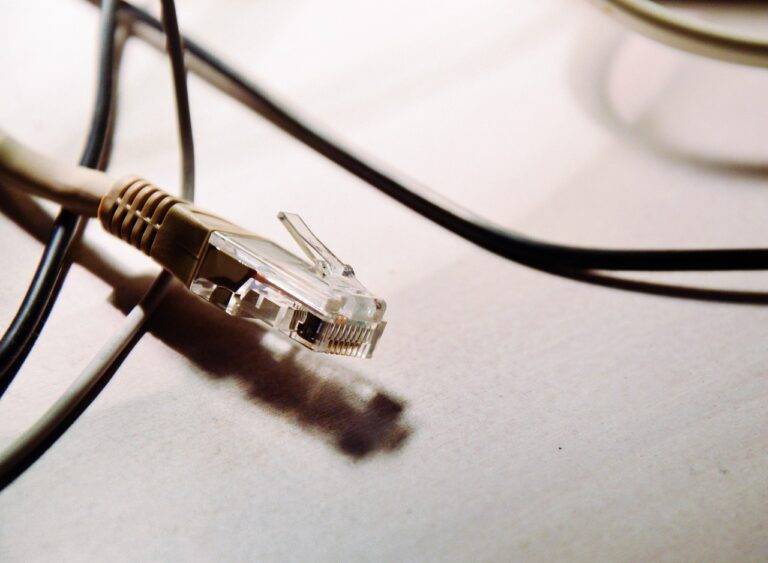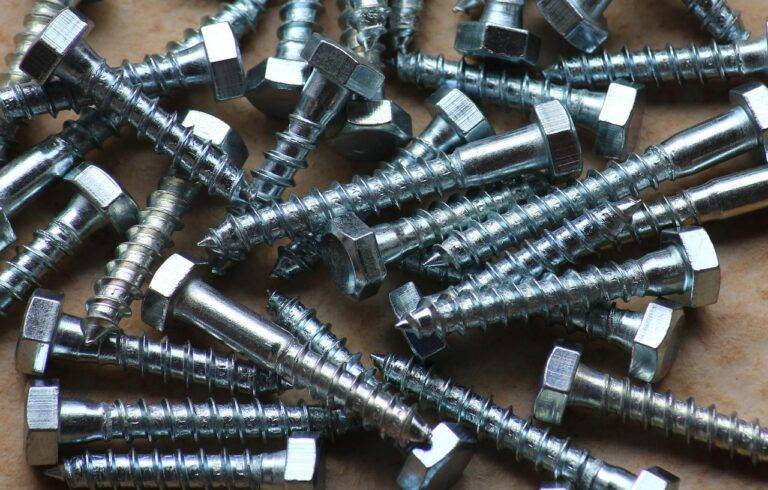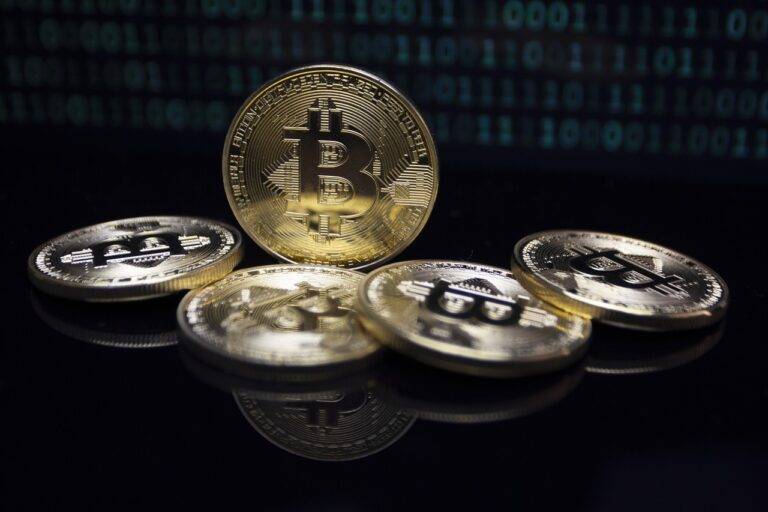Tech Solutions for Marine Pollution Cleanup and Ocean Conservation
Marine pollution, a growing concern worldwide, poses a significant threat to the health of our oceans. The excessive discharge of pollutants such as plastic waste, oil spills, and chemicals into marine environments has led to the degradation of water quality and the disruption of delicate ecosystems. These pollutants not only harm marine life but also have detrimental effects on human health when consumed through contaminated seafood.
Additionally, the problem of marine pollution is exacerbated by the lack of proper waste management systems and inadequate legislation to regulate pollution from various sources. Irresponsible human activities, such as improper disposal of trash, industrial runoff, and overfishing, further contribute to the ever-increasing levels of pollution in our oceans. As a result, urgent action is needed to address this pressing issue before irreversible damage is done to marine ecosystems and biodiversity.
Impact of Ocean Pollution on Marine Life
Marine life is facing a grave threat due to the rising levels of ocean pollution. Various pollutants, such as plastic debris, chemicals, and oil spills, are adversely impacting the ecosystems underwater. The toxic substances are not only contaminating the water but are also causing harm to marine species in unimaginable ways.
The detrimental effects of ocean pollution on marine life include disrupted habitats, reduced populations of fish and other species, and even the extinction of certain organisms. Species that rely on coral reefs are particularly vulnerable to the destructive consequences of pollution, as it affects their breeding grounds and food sources. The delicate balance of marine ecosystems is being increasingly compromised, posing a significant risk to the biodiversity of our oceans.
Current Cleanup Methods for Marine Pollution
One of the primary methods used for cleaning up marine pollution is mechanical skimming. This involves using boats equipped with special skimming equipment to scoop up surface pollutants such as oil and debris. This method is effective in removing visible contaminants from the water, although it may not be as efficient in dealing with microscopic pollutants.
Another common approach to tackling marine pollution is through the use of dispersants. Dispersants are chemicals that are sprayed onto oil spills to break up the oil into smaller droplets, making it easier for natural processes to break down the pollutants. While dispersants can help to accelerate the degradation of oil in the water, there are concerns about their potential long-term environmental impacts.
What are the main causes of marine pollution?
Marine pollution is primarily caused by human activities such as plastic waste, oil spills, industrial discharges, and agricultural runoff.
How does ocean pollution affect marine life?
Ocean pollution can have devastating effects on marine life, leading to habitat destruction, species extinction, and disruptions in the food chain.
What are some of the current cleanup methods for marine pollution?
Current cleanup methods for marine pollution include using booms and skimmers to contain and remove oil spills, deploying nets to collect floating debris, and implementing beach clean-up operations.
Are there any innovative technologies being developed for cleaning up marine pollution?
Yes, there are ongoing research and development efforts focused on creating new technologies such as robots, drones, and biodegradable materials to improve the efficiency of marine pollution cleanup.
How can individuals contribute to the effort of combating marine pollution?
Individuals can help combat marine pollution by reducing their use of single-use plastics, properly disposing of waste, participating in beach clean-up events, and supporting organizations working towards marine conservation.





